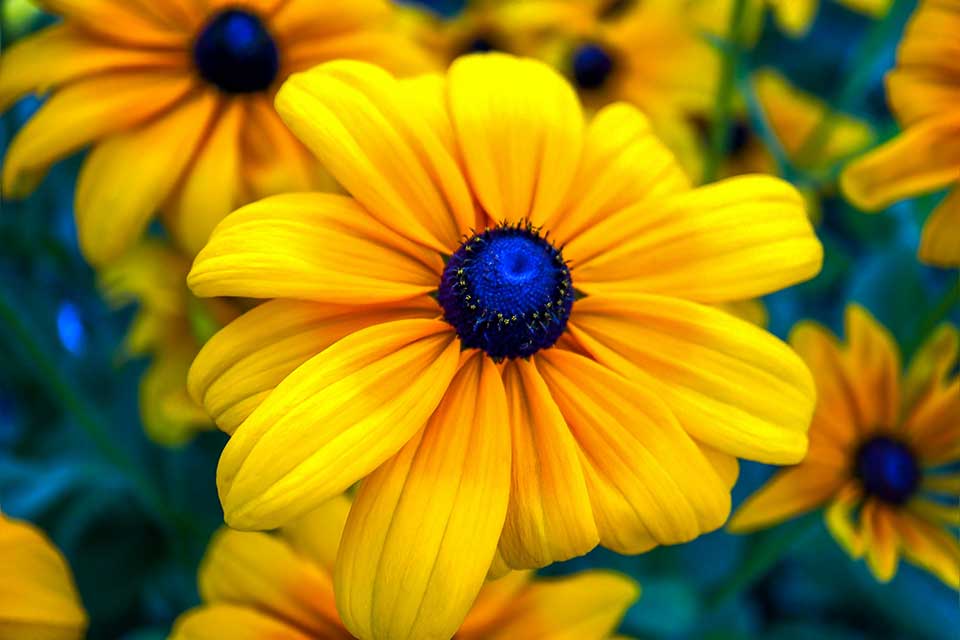A Memory of Us

Series editor’s note: I’ve always thought of poetry as a sacred ground to think and write about things we wouldn’t normally do. And in the case of Safia Elhillo’s poem, “A Memory of Us,” poetry becomes a way of entering spaces we wouldn’t otherwise be welcomed in. With this piece, Elhillo engages in the radical act of writing about joy within the confines of poetry; creating a new language for us to be held in this new memory, through the cackling in the bright language of flowers. How exacting it is to be compounded in this new memory, in the company of such vibrant colors, in the company of new beauty; how exhilarating to be enshrouded in pure joy—and with poetry at that! Through this poem, the poet threads for us the diligent work of building a new memory of beauty, where we can sit and marvel at new things without having to think about the aching the world has inflicted upon us, and instead holding us close while we enter its soft spaces, our soft spaces, one by one, as if to say, you are always welcome here, you & you, my bright hibiscus, my every color. – Mahtem Shiferraw
A Memory of Us
by Safia Elhillo
for Bianca
when i think of us i think of the lakewater
near longtown, what might not technically
constitute a lake but i prefer that word for
the open mouth of its vowel, how it called
us to its throat & held us there, in the sun,
the high points of our faces slick with light
& its arc around our shoulders, the soft
gathering of flesh around our knees,
the lone chair we found near the shore
where we took turns posing, jutting out
an eloquent hip, cackling in the bright language
of flowers for whom i downloaded an app
& learned their names: beautyberry, yarrow,
cornus florida, black-eyed susan, & you,
& you, my bright hibiscus, my every color
Editorial note: Black Voices is a special series guest-edited by Mahtem Shiferraw and sponsored by the WLT Puterbaugh Endowment, which makes possible the biennial Puterbaugh Lit Fest. The series will run on a weekly basis through August 2020.











